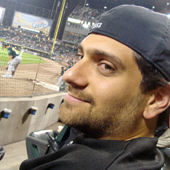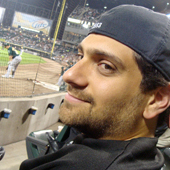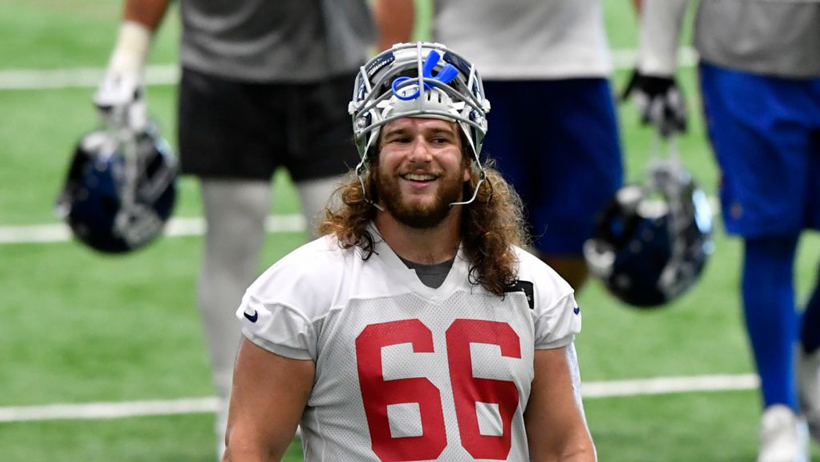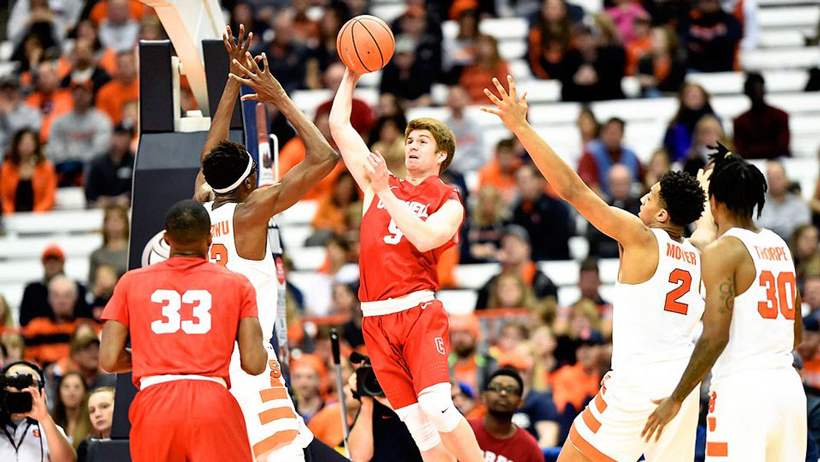You may know Michael Schwimer from his time in the Majors. You may know him as a great Twitter follow. You may know him from a recent Sports Illustrated feature. Even if you don't know him, Michael Schwimer is changing the sports industry. From altering the minor league system and baseball economics to leading the way in sports analytics, Schwimer will soon be a household name and his company, Big League Advance, will be the standard in baseball.
How did you get started in baseball?
I always had a deep passion for sports and competition. I didn't focus on baseball at a young age, but I played all the major sports, mainly football, basketball and baseball. In high school I was better at basketball, but my passion was baseball because of the mental aspect of it. Players use their brains more for success in baseball than basketball. So I decide to go to Virginia on a partial scholarship.
When did you know you would make it to the Majors?
My career was not linear, it was more like a stock chart. In high school I chose baseball because I had a better chance at the Majors than in basketball. In college my freshman year my ERA was 10.803. I said to myself I have three more years left I might as well really try to turn this around. I worked hard and became an All-American my junior year. When I got to the Minor Leagues, I saw all the talent around me and I was at the bottom 10 percent and thought I may not make it. But like in college I wanted to give it my full effort. I began analyzing pitchers and how they do things. Outsmarting someone became a huge advantage. I wanted to outthink the hitters. Eventually my success built up and I got to accomplish my dream by playing in the Major Leagues.
You didn't have a long Major League career; what was professional baseball experience like?
It was tough. Baseball is a huge weeding out process. It starts in tee-ball. The Majors is 1 percent of 1 percent of 1 percent. When I got to the Major the hitters were really good. I couldn't just rely on patterns. Like in poker, the bad players get beat up. At the professional level it is very different. I had to always retool and reanalyze. I had a really good stretch before I got hurt, I had moved into the setup man role after a few months. Year-long rehab, surgery I began throwing harder than ever before, but my passion shifted. Now at 26 years old, over a year of rehab and my passion was just on Big League Advance. I didn't expect it, but I knew baseball had an expiration date and BLA did not.
Tell us about Big League Advance.
My plan was to invest financially in players. I raised the first round of funding in 18 months and then a large second fund. I needed capital for management. We began the company investing in minor leaguers, but added the best predictive analysts in the world. I went to my mentors Sam Hinke and others and they told me about Jason Rosenfeld, the smartest guy in sports. He was instrumental in developing the (Houston) Rockets who have the best analytics in sports. He learned Mandarin in 4 months to progress in his career becoming the Assistant GM for the Shanghai Sharks. Then Jason worked for David Stern and Magic Johnson. I knew I needed to get Jason and then get Zach Bradshaw, who is brilliant at understanding machine learning. This team looked at a lot of things on data of pitching, finding accurate predictions of when players got hurt … Our team is building. Soccer teams and the NBA are calling for more and more analytics.
What was you Jewish upbringing like?
I had a bar mitzvah and went to Hebrew school. I grew up at a Reform synagogue in Alexandria, Virginia -- Beth El. I am raising my kids Jewish too.
What is the next big step for Schwimer and BLA?
We are working on something really exciting. I can't share too much but we are going to disrupt the system.










.jpg)



